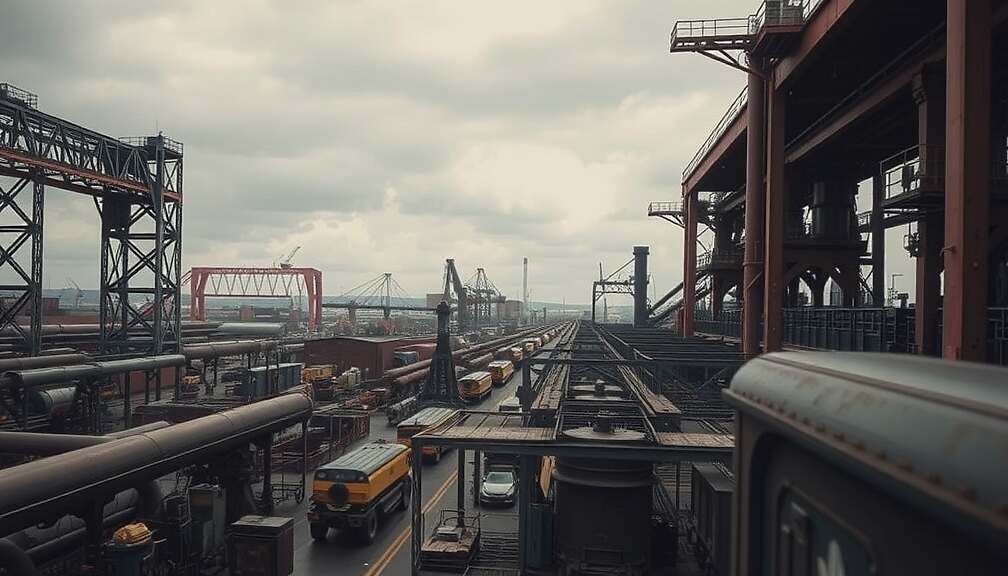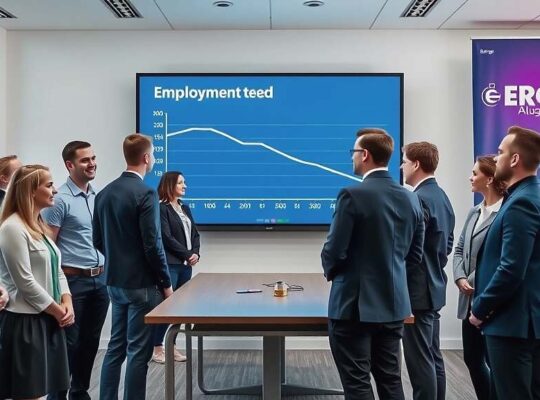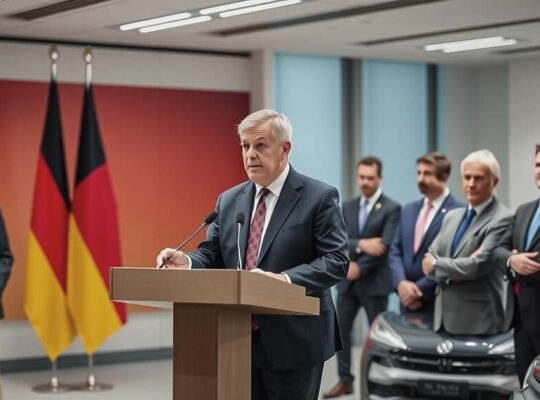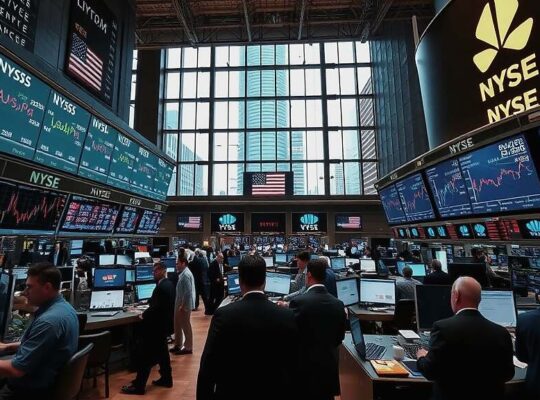The European Commission has proposed a significant expansion of safeguard tariffs on steel imports, a move sparking debate over trade policy and industrial protectionism within the EU and on the global stage. The proposal, unveiled Tuesday, would dramatically reduce duty-free import quotas, slashing them by 47% to 18.3 million tonnes annually – a substantial decrease from current levels. Any steel entering the EU beyond this allocated quota will now be subject to a 50% tariff, effectively doubling the previous rate.
The Commission argues these measures are essential to counter what it describes as “global overcapacities” that are harming European steel producers and eroding their competitiveness. Commission President Ursula von der Leyen emphasized the urgency, stating, “We must act swiftly” to protect European jobs and secure strategic autonomy. She positioned the move as a necessary step alongside collaboration with like-minded nations, including engagement with the World Trade Organization (WTO) to foster a level playing field.
The initiative is intrinsically linked to a broader industrial strategy championed by the EU. Executive Vice-President Stéphane Séjourné framed the proposal as vital for maintaining Europe’s capacity to produce critical components, citing the need to manufacture vehicle bodies and armour plating. “Talking about a strong Europe makes no sense if we are no longer able to manufacture the things that define it” he asserted, highlighting the difficulties of rebuilding a destroyed industrial base.
However, the increased tariffs are already attracting scrutiny. Critics argue that protectionist policies, while seemingly beneficial in the short term, can lead to higher prices for consumers, retaliatory measures from trading partners and ultimately, a disruption of global supply chains. The loss of approximately 30,000 jobs in European steel production since 2018, often attributed to unfair competition from nations expanding production while erecting their own trade barriers, has fuelled the pressure for action – a situation Trade Commissioner Maros Sefcovic underscored in his statement.
While reiterating the EU’s commitment to a rules-based trading system and existing free trade agreements, Sefcovic justified the tariffs as a necessary response to defend European interests in the face of unsustainable competitive pressures. The proposal now faces a critical phase of review and approval by the European Parliament and the European Council, where its potential economic impact and legal implications will be fiercely debated. The outcome will shape not only the future of Europe’s steel sector but also the EU’s broader trade relations with the rest of the world.












